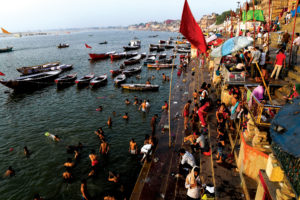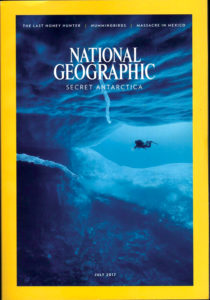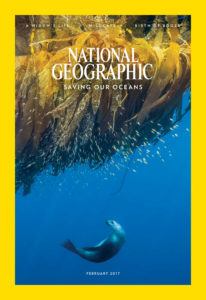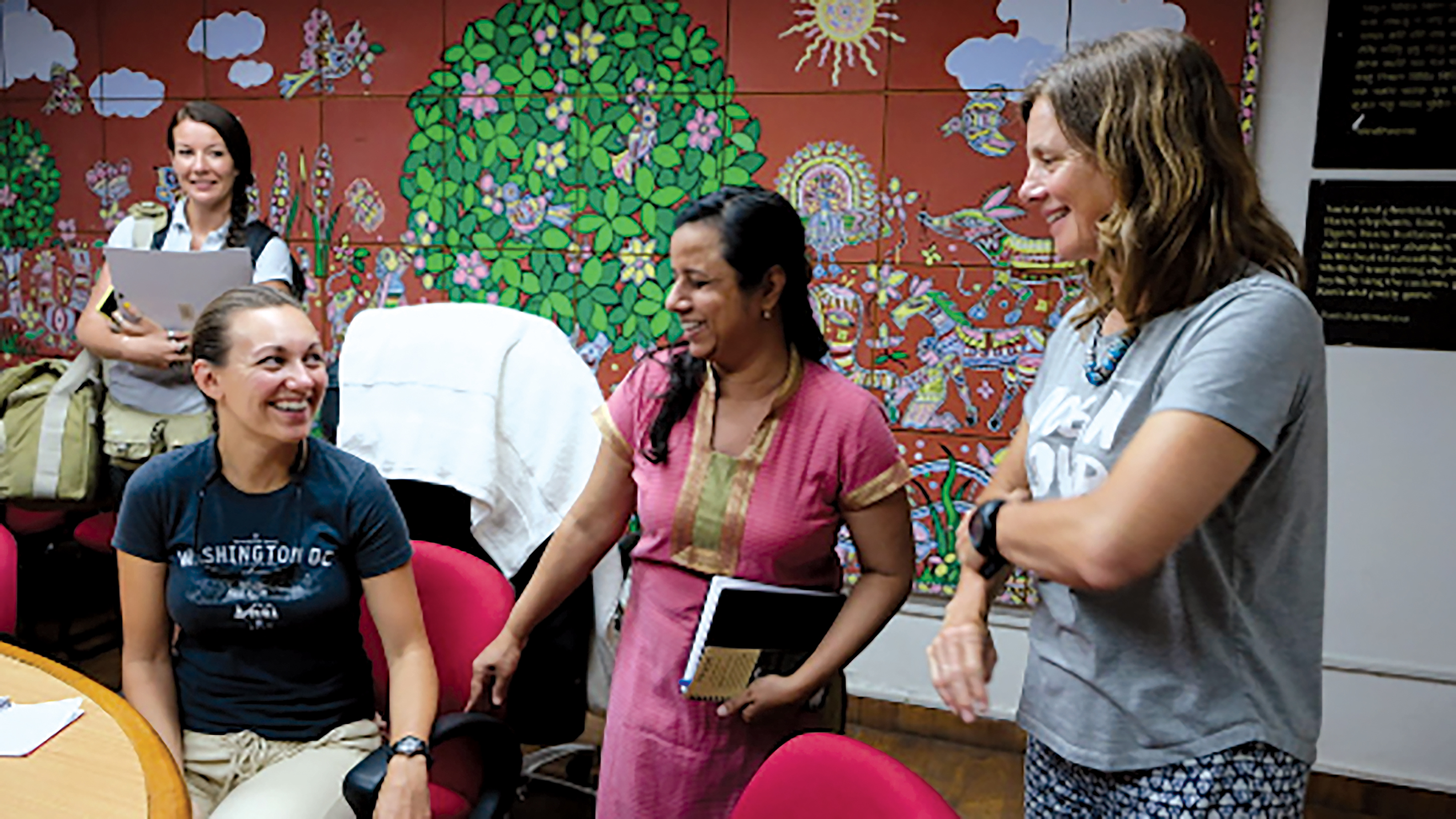An international all-female team of scientists will be conducting a river expedition, highlighting the role of plastic in water pollution. It is a step in the right direction and will encourage more women to venture in the field of science
National Geographic has planned an initiative called ‘Planet or Plastic?’ This project of mammoth proportions will include several river expeditions, the first of which is to start right here in India, with the Ganga. Single use plastic waste has been a long neglected global issue that has only recently started to appeal to people outside of the science community. Therefore, this group of 15 women have embarked on their first expedition that has been named Sea to Source: Ganges.
The expedition will be conducted in partnership with the Wildlife Institute of India (WII), the University of Dhaka and WildTeam. Throughout their research, they intend to map the journey of plastic from the land to the sea — where the waste originates from and how it ends up in our water bodies.
The concern of plastic waste in our watersheds and the implications of the same at a global level has not seen much research in the past, and therefore, this expedition will help shed light and prompt solutions to the problem of oceans getting blocked with an estimated 9 million tons of plastic every year. The rivers act as conduits to carry plastic debris into the ocean, and that is where the Ganga becomes significant in the research.

Valerie Craig, Vice President of Operating Programs at the National Geographic Society, has gone on record saying, “National Geographic is deeply committed to advancing solutions to the plastic waste crisis. These expeditions are a tremendous opportunity to mobilise a global community of experts to help tackle the problem.” She went on to add that she feels happier as this work allows women in science, technology, engineering and math around the world to bring such significant research to the world.
The final objective of all of this research would of course be to considerably reduce the amount of plastic waste moving into our oceans. The team’s current plan of action is to conduct an initial trip in spring to gather preliminary data, and double back post monsoon season to capture the seasonal changes in the plastic waste phenomenon.
The expedition team of scientists and engineers, co-led by National Geographic Fellows Jenna Jambeck and Heather Koldeway, will be working with international partners to collect scientific and actionable information to arrive at local solutions. ‘The Sea to Source: Ganges’ expedition team will also be collaborating with advisers from WII. The advisory board will include Dr Vinod Mathur, Dr S.A. Hussain, Dr Anju Baroth, Dr J.A. Johnson, Dr Ruchi Badola and Dr Bitapi Sinha, who will be helping out with the expedition plan.

Incidentally, the scientists at WII have been working on a similar project entitled, ‘Biodiversity Conservation and Ganga Rejuvenation’. This project is being conducted under the flag of National Mission for Clean Ganga. Dr Mathur, Director of Dehradun-based WII has revealed that he is excited for the tie up with the National Geographic Society as it will also help move along the research that had already begun at home. The VC at the University of Dhaka also echoed his eagerness for the expedition to begin.
‘The Sea to Source: Ganges’ expedition is focusing on plastic pollution under three major headings: land, water and people. The team in-charge of the land part will collect data on the input and use of plastic in local communities, and how waste is collected and managed, they will then quantify the movement and type of plastic in the environment. The team assigned to study the water will analyse plastic pollution in the air, water, sediment and species in and around the river. And finally, the socioeconomic team will survey local communities along the expedition route to gauge the kind of awareness that exists and the perceptions they have of plastic pollution. They will work to find local solutions for addressing this issue household plastic waste management. During the expeditions, the ‘people’ team will work with local stakeholders to translate its scientific findings using storytelling to raise awareness about plastic pollution to prompt a change in their long-held practices of waste disposal.

This is the largest ever all-female National Geographic expedition; the first time there has been a four-dimensional comprehensive investigation of the plastic pollution issue at this scale across sediment, water, air and land; and the first time this interdisciplinary team has integrated innovative technology to better understand plastic waste and inform solutions. The development of this rapid assessment methodology will be the basis for future expeditions worldwide.
The initial expedition is planned to start at the Bay of Bengal through the Padma River and end at the source of the Ganga in the Himalayas. This is the largest team of women to ever on an expedition for National Geographic. More importantly, it is the first time that the concern of plastic pollution is being addressed at a global scale, the research spanning across the role and effects of sediment, water, air and land. This is the first time an attempt has been made to come to informed solutions to tackle the main reason behind the clogging up of our water bodies.





